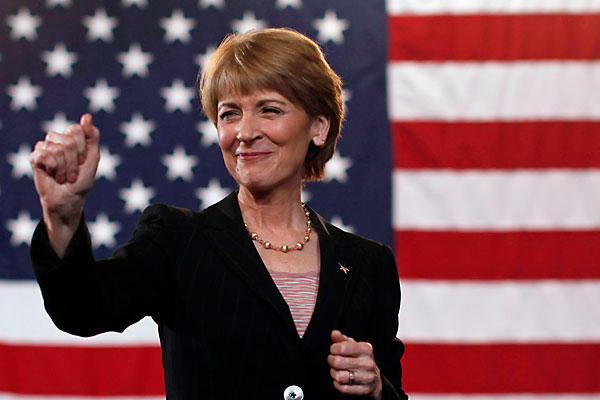The 2008 Green Communities Act (GCA) will cost Massachusetts residents more than $4 billion dollars over the next four years, according to Massachusetts Attorney General Martha Coakley.
Coakley, a Democrat, delivered her testimony before the legislature’s Joint Committee on Telecommunications, Utilities, and Energy Nov. 9, in hearings initiated by Committee Chairmen Sen. Ben Downing (D-Pittsfield) and Rep. John Keenan (D-Salem).
High Costs Still Rising
In Coakley’s written testimony, she said although she believes the GCA has brought about some benefits, her role as ratepayer advocate requires her to raise awareness of the law’s costs.
“As we consider the impact of the GCA on individual households and businesses moving forward, we need to fully consider these costs and work to reduce them,” said Coakley.
She also noted Massachusetts consumers have some of the highest electricity rates in the country and this is unlikely to change under current policies.
“While energy forecasts are difficult predict, it is safe to assume that the total cost of electricity to customers will rise in Massachusetts throughout the next decade,” Coakley told the committee.
Beacon Hill Study Agrees
Coakley’s findings are similar to those of a 2010 report, “The High Cost of Green Energy Programs in Massachusetts,” published by the Beacon Hill Institute at Suffolk University. The report analyzed 11 “green energy” mandates, programs, and incentives in the Bay State and found they will likely cost more than $9.8 billion in 2010-2020.
The report noted there are another 14 Massachusetts green energy programs for which data are not readily available, which undoubtedly raise still further the cost of the state’s green energy programs.
True Costs Understated
Steve Poftak, director of the Shamie Center for Better Government at the Pioneer Institute in Boston, says if legislators had known in advance the true costs of the Green Communities Act, they would have approached the issue differently.
“We are just coming to grips with what the costs are going to be. If we had known then what we know now, maybe the construction of the bill would be a little different. I’m guessing it would be,” Poftak said.
John Monaghan ([email protected]) is the legislative specialist for energy and environment issues at the Heartland Institute.
Internet Info:
“The High Cost of Green Energy Programs in Massachusetts,” The Beacon Hill Institute at Suffolk University, http://www.beaconhill.org/BHIStudies/GreenEnergy/Massachusetts-Green-Energy10-1025Study-Final.pdf




